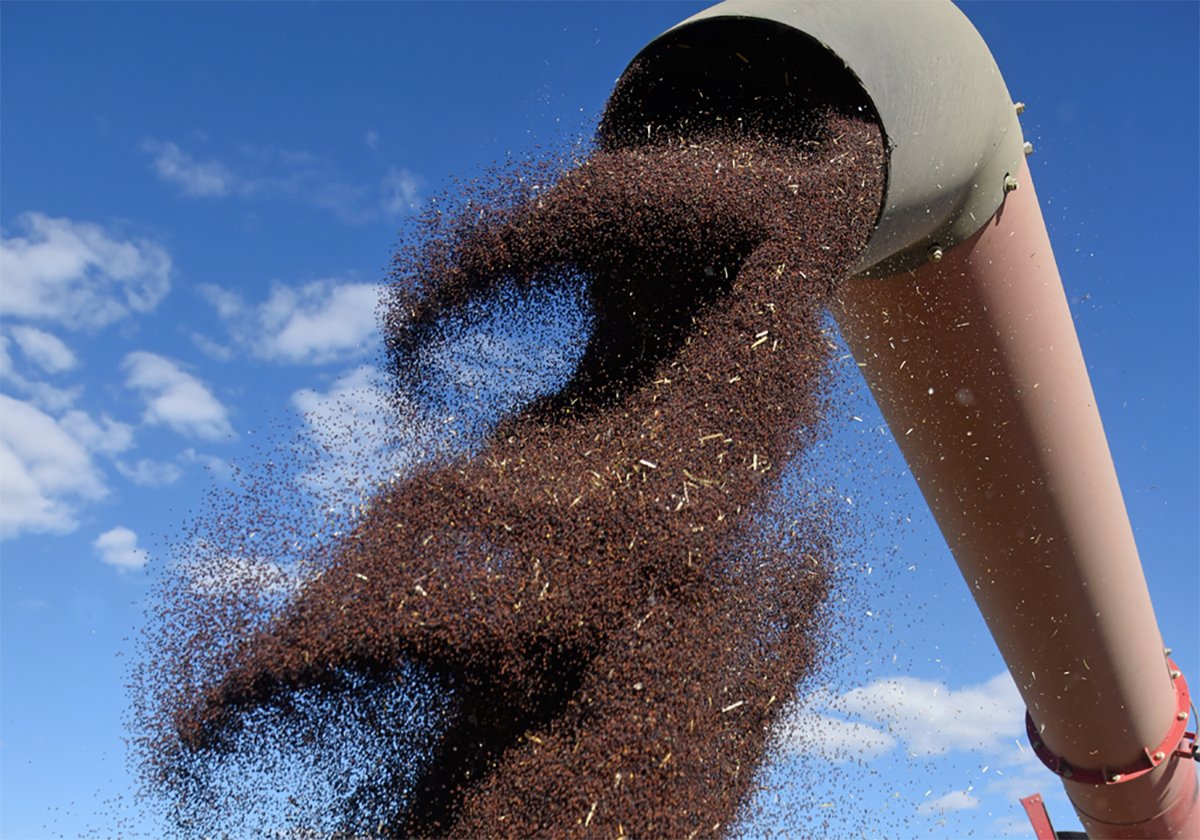TORONTO – A group of U.S. senators has introduced a bill to reform food safety that could disrupt cross border trade with Canada, says a food industry executive.
The legislation was prompted by recent food safety incidents including salmonella contaminated peanut butter, E. coli contaminated spinach and botulism contaminated chili.
“These are not isolated incidents and are the result of an outdated, underfunded and overwhelmed food safety system,” senator Dick Durbin, one of the bill’s sponsors, said in a March 3 news release.
“Today’s bill will improve the Food and Drug Administration’s ability to prevent food-borne illness outbreaks and ensure FDA responds quickly and effectively when outbreaks do occur.”
Read Also

Ag minister says tariff situation with China is fragile, volatile
Agriculture ministers from across Canada said they heard canola producers’ concerns about tariffs but it seems unlikely they can do much about them.
However, it could also interfere with the cross-border flow of agricultural commodities, Tom Erickson, vice-president of government and industry affairs for Bunge North America, told delegates attending the Canola Council of Canada’s annual meeting in Toronto.
The bill would give more power and funding to the FDA, including a clause requiring importers to verify the safety of foreign suppliers and imported food.
The clause allows the FDA to require certification for high-risk food and to deny entry to food from foreign facilities that have refused U.S. inspectors.
U.S. agriculture secretary Tom Vilsask has also proposed creating a single entity that would be in charge of food regulation. The U.S. Department of Agriculture now oversees meat and eggs while the FDA is responsible for produce and processed food.
Erickson said the two initiatives would create a new regulatory regime for exporters.
“The implications for two-way trade with Canada could be significant,” he told delegates.
His main concern is that powerful U.S. food inspectors could disrupt $1.5 billion in daily trade between the U.S. and Canada by jeopardizing the free flow of many agricultural products that now exists between the two countries by rail and truck.
“We really need to make sure that we don’t, in the words of a lot of folks, ‘thicken the border,’ ” Erickson said in an interview following his presentation.
He reminded canola council delegates that they have already seen what can happen when food inspectors interfere with trade.
A few years ago FDA officials conducted a visual inspection of a canola meal shipment and identified mammalian tissue in the meal.
They immediately restricted the ability to ship meal across the border, effectively blocking shipments from certain crushing facilities in Canada despite the fact that further testing revealed there was no mammalian tissue in the meal.
It took a memorandum of understanding between U.S. and Canadian authorities to resolve the incident.
“These are the things we need to watch out for,” he warned.















